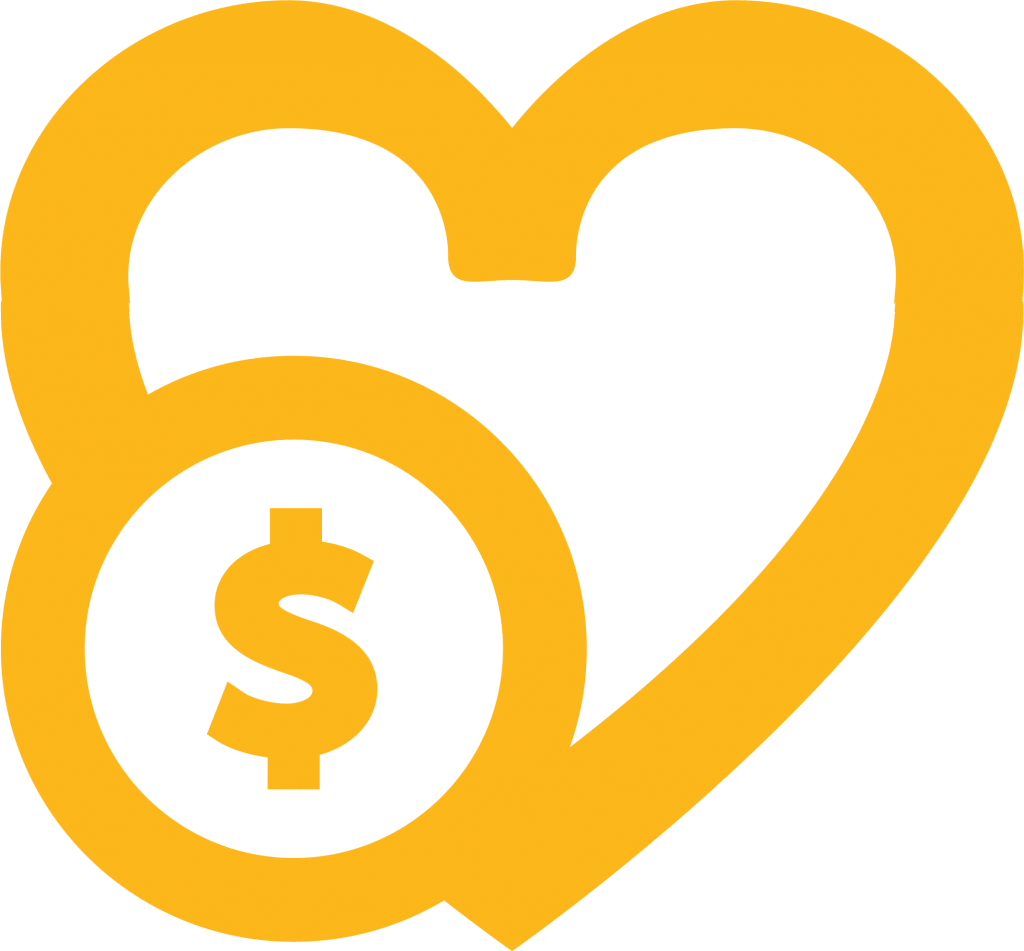Human Trafficking
According to a 2022 report, 27.6 million people were experiencing forced labor, of these, “17.3 million are exploited in the private sector, 6.3 million in forced commercial sexual exploitation, and 3.9 million in forced labor imposed by state.” Traffickers prey on those from vulnerable communities. The influx of immigrants crossing the border into America are most susceptible to modern slavery, as traffickers use their vulnerability as immigrants as tools to manipulate and coerce.
Trafficking in persons is a crime against humanity and ultimately a sin. Human trafficking denies the values of human life, exposes victims to serious health risks, endangers the mental well-being of victims and impedes the ability of victims to reach their full God-given potential. As Christians, we believe that every human being is created in the image and likeness of the divine Creator, of God. The prophets cried out against the exploitation of the poor and of laborers who are not treated fairly and compensated justly (Job 24:1-12, for example).
The United Church of Christ has consistently upheld the rights and dignity of workers and of women and children, believing that God calls us into community with each other as sisters and brothers, not as exploiters and exploited. The violence done to the physical, psychological and spiritual wellbeing of children and women who are forced into prostitution, the pornography industry, sex tourism and other forms of sexploitation are violations of the call of the Gospel of Jesus Christ to love our neighbors as ourselves. The kin-dom of God among us requires us to provide protection for those most vulnerable and to seek conditions which support wholeness and health for everyone.
In a resolution of witness entitled “A Call to Awareness and Action to End the Practice of Trafficking in Persons,” the 27th General Synod of the United Church of Christ called on UCC members, congregations and various settings to of the church to engage in education about the issue of trafficking in persons and advocacy efforts to end this criminal and abusive practice.
What can you do?
- Respond: If you need help or have a tip, call the National Human Trafficking Resource Center at 1-888-373-7888. The National Human Trafficking Resource Center (NHTRC) is a national, toll-free hotline available to answer calls from anywhere in the country, 24 hours a day, 7 days a week, every day of the year. The NHTRC is not a law enforcement or immigration authority and is operated by a nongovernmental organization funded by the Federal government. In an emergency, call 911.You can share information about the National Human Trafficking Resources Center Hotline by printing out this flyer and posting it on your church bulletin board.
- Pray: Pray for trafficked persons, all who work to assist trafficked persons, for those who work to prevent human trafficking, for traffickers to cease their practice, and for a global economy that promotes human well-being.
- Learn: Polaris Project offers state-by-state information on local resources and all pending state and federal anti-trafficking legislation.
- Know Your Impact: Calculate your Slavery Footprint to know which goods on the market might be produced by child or forced labor.
“Learn to do good; seek justice, rescue the oppressed, defend the orphan, plead for the widow.”
Isaiah 1:17

Human Trafficking Awareness Month
January is Human Trafficking Awareness Month, and in the Untied States we recognize January 11 as Human Trafficking Awareness Day – a day to shed a light on the world-wide crisis also known as modern day slavery. To raise awareness about human trafficking and kick off a year full of justice advocacy and faithful witness, you and your congregation are invited to engage in some of the following ways:
- Download the Interfaith Toolkit on Human Trafficking – The Washington Interfaith Staff Community Working Group on Human Trafficking created this toolkit as a starting point for faith communities to educate themselves and take action during Human Trafficking Awareness Month. The United Church of Christ’s Washington D.C. Office assisted in this effort along with staff from a broad range of religious traditions. The toolkit contains basic information about trafficking, as well as specific information regarding its impact on children. It also contains faith-based resources for several faith traditions, including prayers, scriptures, statements, fact sheets and resolutions. We hope this toolkit will help local faith communities across the country raise awareness, promote dialogue, and take moral action against the scourge of modern-day slavery.
- Take Action – Human trafficking is a crime against humanity and ultimately a sin. Tell Congress to reauthorize the Trafficking Victims Protection Act.
- Contact the National Human Trafficking Resource Center by calling 1-888-373-7888 or sending a text to BeFree (233733) to report trafficking crimes, connect with local anti-trafficking services, and request training or additional resources. Consider posting these numbers on your church’s bulletin boards and bathroom stalls.
- Find local anti-trafficking organizations to connect with in your area with this directory.
- Incorporate online trainings from the Trafficking Resource Center into your church’s education curriculum and Bible studies.
More Resources
- Alliance to End Slavery and Trafficking (ATEST)
- The Coaltion of Immokalee Workers
- Freedom Network USA
- 5 Ways to End Human Trafficking
- U.S. State Department “Trafficking in Persons Report”


Learn more about the advocacy work of the UCC Washington D.C. Office.

